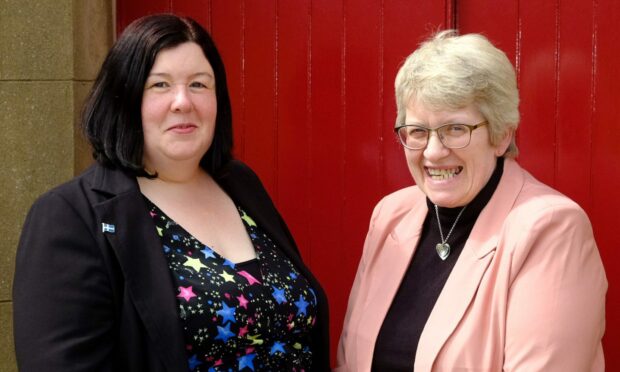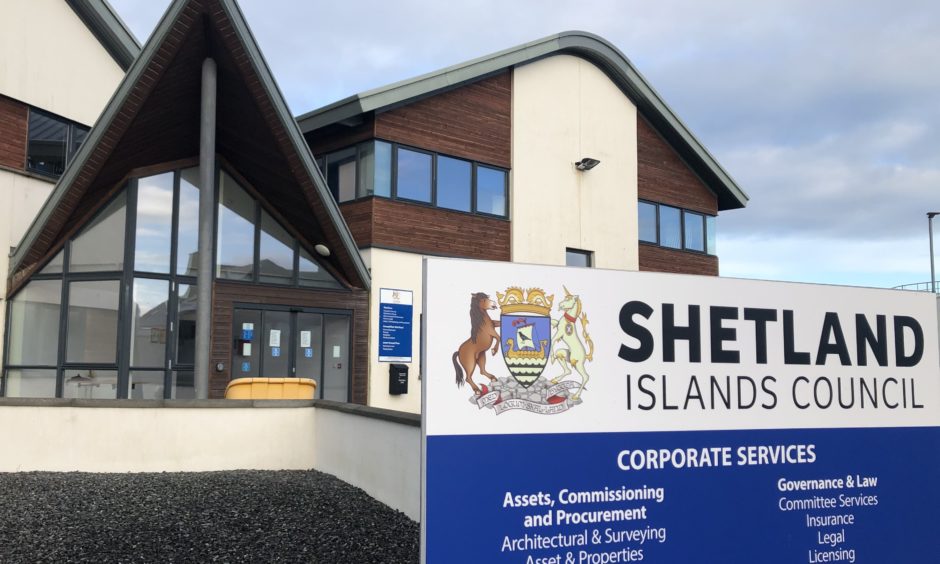Shetland Islands Council has appointed its first females into its top leadership positions, as the newly elected council met for the first time today.
Former deputy leader Emma Macdonald will take up the role of council leader, replacing Steven Coutts who stood down at the local elections.
Since structural reforms in 2011 led to the creation of the political leader position, only men have held the role, namely Josie Simpson, Gary Robinson, Cecil Smith and Mr Coutts respectively.
Congratulations to our newly appointed Council Leader Emma Macdonald and Convener Andrea Manson 👏 Other committee appointments are being considered by elected members this morning. #Shetland #SICMeetings. pic.twitter.com/iZ4VPHPP3c
— Shetland Islands Council (@ShetIslandsCll) May 23, 2022
Shetland North councillor Ms Macdonald won the vote after beating rival candidate Stephen Leask by 11 votes to nine at the meeting held in Lerwick.
Her depute will be Gary Robinson, after councillors voted to keep the role in place.
Working together
Speaking to The Press and Journal, Ms Macdonald said: “I’m looking forward to the challenge, but I have no doubt that it will definitely be a challenge.”
“I think my hopes are that this council works together for the good of its community.
“I think we can do that, we’ve got a lot of skills and talent around the chamber, so I would hope that we could utilise that for the good of everybody in Shetland.”
Meanwhile, Andrea Manson will become Shetland’s civic leader, as she was appointed convener of the council, seeing off the challenge of Cecil Smith by eleven votes to 10.
She will replace Malcolm Bell who held the role from 2012 and will become the council’s seventh convener and the first female to hold the role.
Ms Macdonald said that her and Ms Manson’s appointments as the first females in their positions is “positive news for Shetland”.
Also decided at the meeting was the election of chairs and vice-chairs to the council’s committees.
Shetland Islands Council has a majority of independent councillors, holding 19 of 22 seats, with the Greens, Labour and the SNP having one each.

